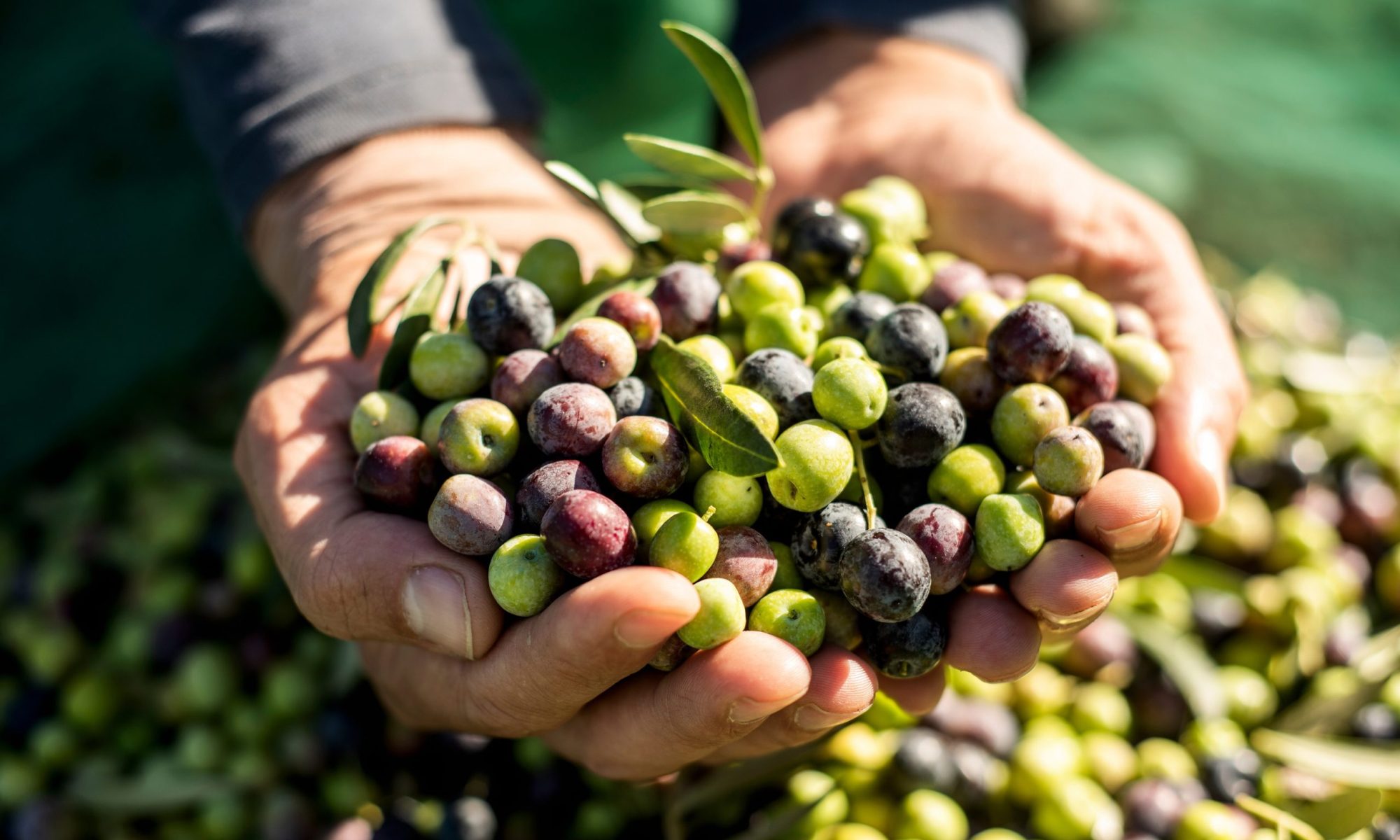Participation in periodic local and international agriculture exhibitions
Greece – Thessaloniki
PCARD with support from EU organized a visit for 10 Palestinian olive oil producers and owners of agribusiness companies to The 86th Annual International Fair in Thessaloniki, Greece on September 11-19, 2022.
This was a very well respected annual international exhibition held in Greece’s second-largest city. The Fair is traditionally marked by a series of programmatic statements made by the Prime Minister of Greece.
The Palestinian participants also visited the American Farm School in Perrotis College, Thessaloniki: The
College kindly provided the following activities to our group:
- Lectures and Presentations: the primary focus of these lectures and presentations were on
innovative marketing. - Applied research on olive oil quality: College researchers brief our group on their recent work focusing on applied research primarily about the methods to produce top quality olive oil and about
the most effective way to maintain this quality in short and long term storage. - College personnel conducted several field visits to modern farms, oil companies and table
olives factories. Our group learnt first-hand at each location, the various production method and quality control practices the Greek counterparts adhere to, according to their standards as stipulated by the Greek Olive Oil Council (GOOC). GOOC members stated that their production, quality control, maintenance and shipment standards are also in compliance with international standards as advised and recommended by the International Olive Oil Council (IOOC).
PCARD observed the following results and findings from our visit to the Fair:
- Participants had the chance to meet with agribusiness companies and potential buyers especially from Arab Gulf Countries.
- Participants became familiar with the needs of global markets, methods of displaying their
products to both local and international customers, and networking with potential suppliers and customers. - A special emphasis was given to the various means of marketing, especially digital and online marketing. This is primarily due to the severe setback resulting from international closures imposed throughout the COVID-19 pandemic.
- Observation of new olive varieties that can be applied in the country and mainly table olive
species. - Learning new technologies especially in the area of diseases, irrigation technologies, labelling and branding.


